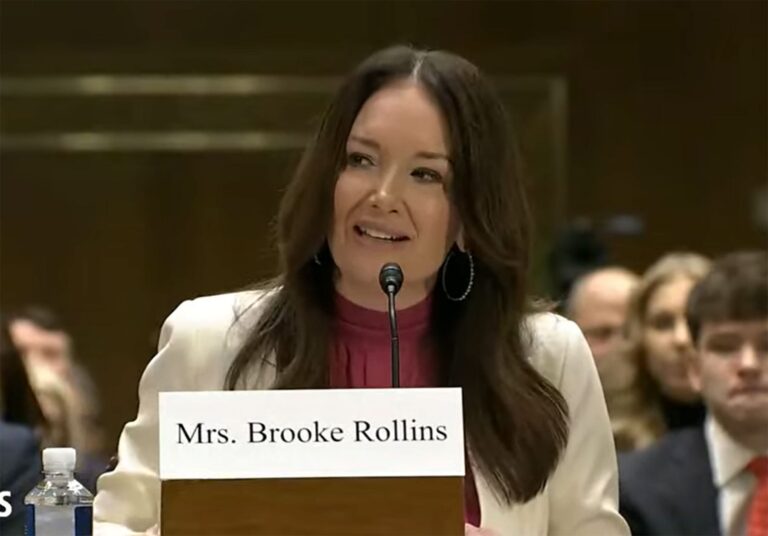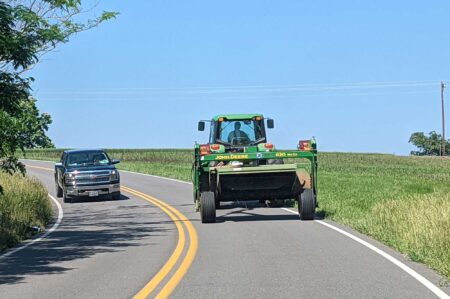U.S. Secretary of Agriculture Brooke L. Rollins announced the termination of more than 145 USDA Diversity, Equity, and Inclusion focused awards yesterday, totaling an estimated $148.6 million in savings, in a sweeping policy reversal that aims to refocus department priorities on traditional agricultural and rural development efforts.
“Putting American Farmers First means cutting the millions of dollars that are being wasted on woke DEI propaganda,” said Secretary Rollins. “Under President Trump’s leadership, I am putting an end to the waste, fraud, and abuse that has diverted resources from American farmers and restoring sanity and fiscal stewardship to the U.S. Department of Agriculture.”
Programs targeted for termination include initiatives designed to expand access to land, capital, and markets for underserved producers, environmental justice through urban forestry, and education for socially disadvantaged farmers on conservation practices.
The move comes on the heels of Executive Order 14151, issued in January 2025, which mandated the end of DEI programs and preferential scoring across federal agencies. In alignment with this directive, USDA Rural Development removed DEIA scoring criteria from 14 federal grant programs ranging from energy efficiency assistance to water system funding.
Grant applicants who already submitted proposals under the previous DEIA scoring system will not need to reapply. Instead, their proposals will now be judged based solely on project merit and alignment with the new funding priorities, which emphasize rural economic revitalization, infrastructure, and energy independence.
Secretary Rollins said the intent of the change is to redirect taxpayer funds toward tangible improvements in rural America, reflecting President Trump’s vision for energy independence and lasting prosperity.
The decision has generated both praise and criticism. Supporters see it as a necessary redirection of resources toward core agricultural priorities, while critics argue it undermines efforts to support historically marginalized farming communities and reduce inequities in land access, market entry, and environmental outcomes.
»Related: Wisc. dairy farmer sues USDA over race-based farm programs


:max_bytes(150000):strip_icc()/Updated3BigThings-6-corn-ear-harvest-lightblue-4-7dcba3feecd84b7ea47c09f2338e7f9a.jpeg)
:max_bytes(150000):strip_icc()/LukeBryanPRphoto-84e3559aa0964e42b3ad96b2132eb349.jpg)
:max_bytes(150000):strip_icc()/SMinnesota1025-2000-83ff162cd24b4b0fb5065466fe80a0d5.jpg)



:max_bytes(150000):strip_icc()/r4d092124_rrd1-5d0657ac040743a2a4c5ebf998902de0.jpg)

:max_bytes(150000):strip_icc()/Markets-1-Cattle-dramatic-up-5-0687ebaec7fc487bac9c10a7f442eea8.jpeg)